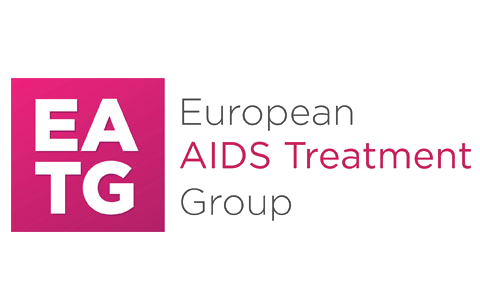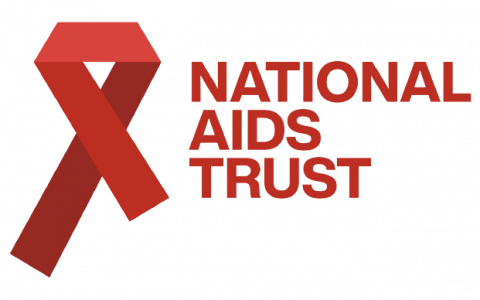
Case Study
UK – PRIME Study, Menopause in Women Living with HIV in the UK
-
Context
In 2016, 10,350 women living with HIV aged between 45 and 56 (potentially menopausal age) attended for HIV care in the UK; a five-fold increase over ten years. Addressing the needs of women living with HIV in their midlife and beyond is therefore of increasing importance in HIV practice and policy.
As people get older, they experience changes to their body and their health. For women, an important change is the menopause. The menopause is the point at which women’s periods stop as their ovaries stop working, and usually happens in their early 50s. It is a gradual process and is linked with a range of symptoms that can affect women’s quality of life, work and relationships. However, up until recently we have known very little about the menopause in women living with HIV, with almost no data on women in the UK.
-
Introduction and Aims
The PRIME Study (Positive Transitions Through the Menopause) was a three-year (2015-2018) NIHR-funded quantitative and qualitative study. Its aim was to explore, for the first time in the UK, the impact of the menopause on the health and well-being of women living with HIV. Nearly 900 women living with HIV across England aged 45–60 took part, completing questionnaires and interviews. This makes PRIME one of the largest studies of HIV and ageing in women globally.
-
Method
The PRIME Study was a mixed-methods study, combining quantitative and qualitative methods to try and answer the research questions more completely.
In the first phase, PRIME worked with the HIV peer support charity Positively UK, to hold focus group discussions with women living with HIV aged 45 and over. This was to gain some initial understanding of how menopause affects women living with HIV. A survey of menopause management in HIV among GPs was also conducted.
PRIME then recruited women living with HIV aged 45–60 from 21 HIV clinics across England to complete a questionnaire about their general health, HIV history, menstrual cycle, menopausal symptoms, management of menopausal symptoms, and sexual function.
Qualitative interviews were held with 20 women who had taken part in the questionnaire study to explore their experiences in more depth.
Women living with HIV were meaningfully involved throughout the research process. Three community representatives (all women living with HIV aged 45 or over) were recruited via the UK-CAB (the UK’s HIV treatment advocacy network) to sit on the Expert Advisory Group. This ensured their insight and expertise was included in the design and dissemination of the study. The community representatives also worked as peer researchers, providing invaluable expertise in recruitment, facilitation of focus groups, analysis and dissemination of data.
-
Results
The study findings confirmed that the menopause transition can have multi-dimensional impacts on the health and well-being of women living with HIV, with particular challenges as a result of living with HIV. These included difficulties distinguishing menopausal symptoms from HIV-related symptoms, difficulties accessing appropriate menopause care, and the impact of menopausal symptoms on capacity to adhere to antiretroviral therapy.
PRIME found a high prevalence of somatic, urogenital and psychological symptoms in women living with HIV aged 45–60. Women with menopausal symptoms were more likely to report symptoms of psychologically distress than those without. Women living with HIV aged 45–60 were more likely than women without HIV to report sexual problems, although these were common in both groups. Use of hormone replacement therapy to improve menopausal symptoms was strikingly low in this population. Participants described difficulties accessing appropriate advice and care for their menopausal symptoms, partly as a result of living with HIV. Many described being caught between their HIV doctors and their GPs. Almost all GPs surveyed reported concerns about managing menopause in women living with HIV.
Nearly half of all PRIME Study participants stated they did not have enough information about the menopause, leaving many feeling under-prepared. Many women had experienced the benefits of peer-support at other points in their HIV journey and could now see that other women living with HIV who had experienced menopause could provide invaluable support.
-
Recommendations
- All sectors of the HIV care community should be aware of the potential impact of the menopause transition on the health and well-being of women living with HIV, and ensure that services are able to support women during this time.
- High-quality and accessible information about the menopause should be available to all women living with HIV attending HIV clinics.
- HIV clinical services are well-placed to assess the need for further menopause-related care and support among their female patients. If women with menopausal symptoms require further treatment or support, we recommend close liaison with HIV specialists in order to support management within primary care.
- Providing training on the management of menopause in women living with HIV is key in developing confidence and skills among primary care staff.
- Peer-support for women living with HIV transitioning through the menopause may have an important role in building self-efficacy and resilience.
- Commissioners of care for women living with HIV need to recognise the impact of menopause on women’s well-being. Given the number of commissioning bodies with responsibilities across the HIV pathway, appropriate needs assessments and joined up approaches to commissioning will be needed to ensure best outcomes.
- Including recommendations on menopausal assessment and care pathways for menopausal women in national HIV guidelines and standards of care will help ensure women’s needs are addressed in clinical services.







